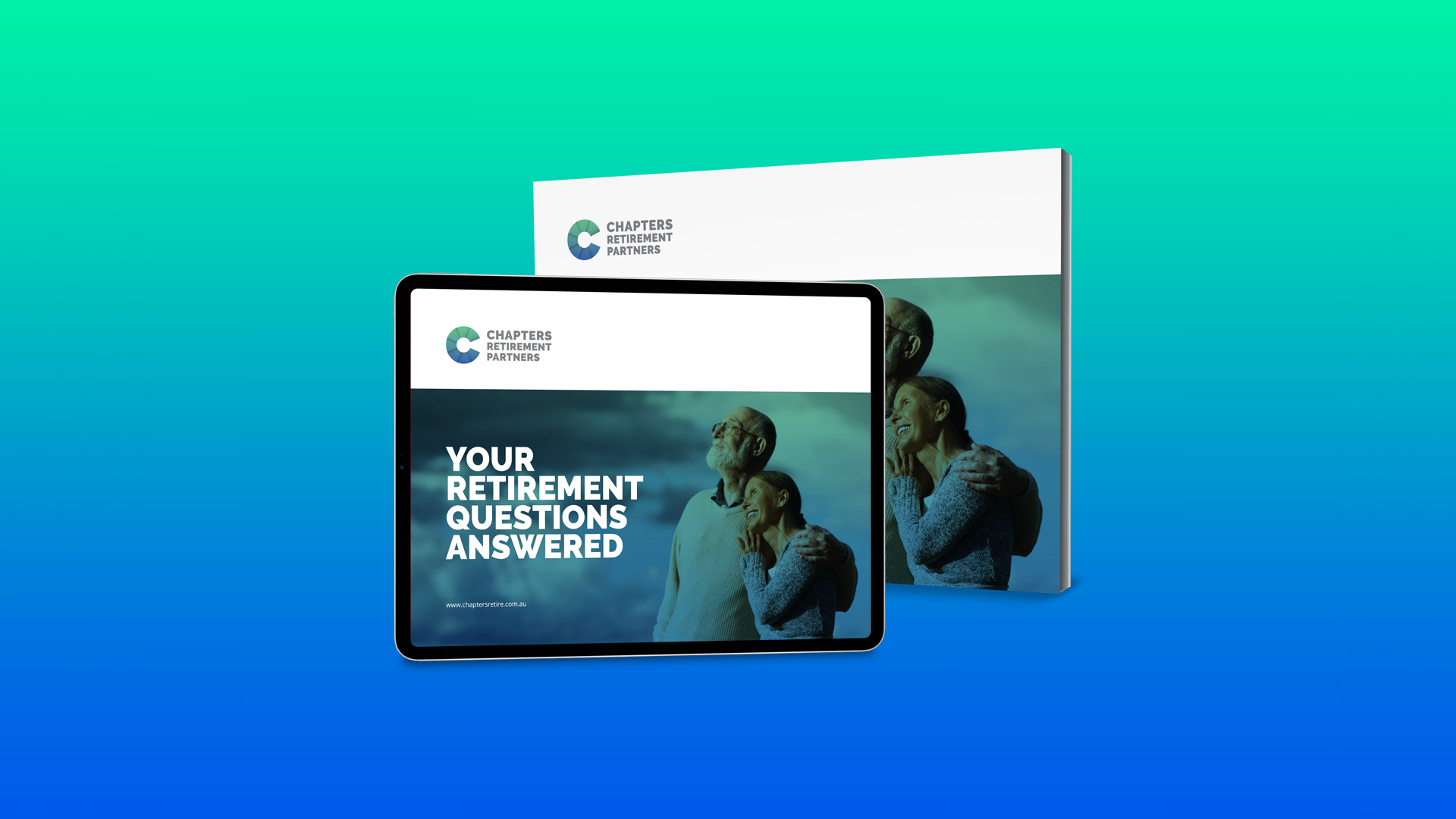Many parents have been able to help their children get on the property ladder by gifting money or signing on as a mortgage guarantor. But some parents might choose to go a step further and transfer a property to their child, no strings attached.
Gifting your child a property can be one of the most generous things you can do for them, but there’s more to it than just swapping out the name on the title. You and your child might face significant costs, and it pays to be aware of them before making any decisions.
Capital gains tax (CGT)
The ATO is clear that when you sell, transfer or gift a property to family or friends for less than it’s worth, you’ll be treated as if you received the current market value of the property for tax purposes.1
This is known as the market value substitution rule, and it’s in place to make sure the appropriate amount of tax is paid on a capital gain or loss, even when parties are dealing with each other on non-commercial terms.
What this means is that if you’re transferring a property to your child and it’s increased in value since you purchased it, you’ll have to pay capital gains tax on the profit, even though no money is changing hands and the profit remains unrealised.
Of course, you might be eligible for the CGT discount depending on how long you held the property. And you might be able to decrease your tax burden further by including the cost of surveyors, accountants, real estate agents and repairs (among other eligible items) in the property’s cost base. There’s also the possibility that you’ll be exempt from paying CGT altogether if the property was your main residence.
Transfer duty
CGT isn’t the only cost that might pop up — your child might have to pay transfer duty (or stamp duty as it used to be known). As with CGT, the current market value of the property is used to determine how much transfer duty is levied. And, ultimately, the amount payable will vary depending on your state or territory.
What if the property is mortgaged?
Transferring a property between family members can be complicated enough, but things can get even more tricky if the property is still mortgaged. As the mortgage will be transferred along with the property, your bank or lender will subject your child to all the usual checks to make sure they can comfortably service the loan. Along with ongoing repayments, there might also be upfront costs your child will need to budget for, such as mortgage registration or insurance fees.
Will gifting affect my Centrelink entitlement?
If you’re currently receiving any Centrelink payments, you should remember that gifted money, income or assets (including property) can still be deemed to belong to you for the purposes of the income and assets test. It’s generally a good idea to speak to a financial adviser before making any property transfers to find out if your payment will be affected.
What else do I need to know?
As any CGT and transfer duty will typically be based on the market value of the property, it can be a good idea to engage a professional valuer to handle the job for you. This can help assure the ATO that you haven’t undervalued your property to get out of paying the correct amount of tax.
There’s also the matter of your retirement and how it might be impacted by giving away such a large asset. A serious discussion should be had with your family, as well as your financial adviser, about whether you’ll have enough capital left over to enjoy the retirement you want.
Finally, if you’re certain that you want to go through with the transfer, it can be a good idea to have a lawyer draw up a deed of gift. This formalises the agreement between you and your child and, once signed, ultimately means you will no longer control the property.
Are there other ways you can help your children?
In the end, you might feel that transferring a property to your child while alive is too complicated or costly, and decide instead to pass it on via your Will. This doesn’t mean there aren’t other things you can do now to help them enter the property market. Some options include:
- Let them move in with you to help with their savings goals
- Chip in a sum to help cover the deposit
- Agree to purchase a property jointly with your child (this might affect their eligibility for any first home buyer grants)
For many older Australians, the road to property ownership might not have been easy, but chances are it wasn’t littered with as many obstacles as younger Australians now face. If you’re thinking about helping your child by transferring a property, it can be a good idea to have a team of professionals (e.g. a financial adviser, tax expert or lawyer) walk you through the ins and outs.




